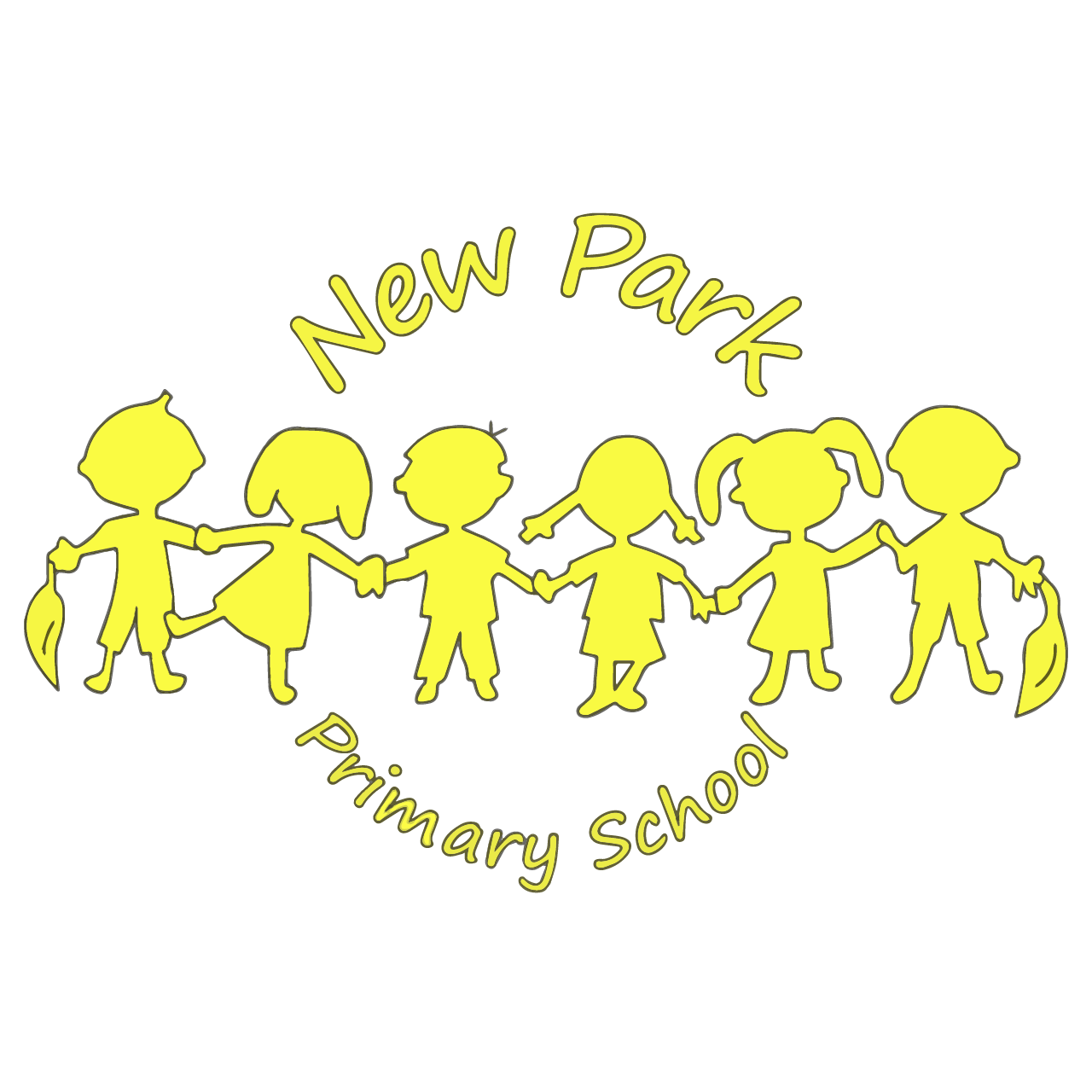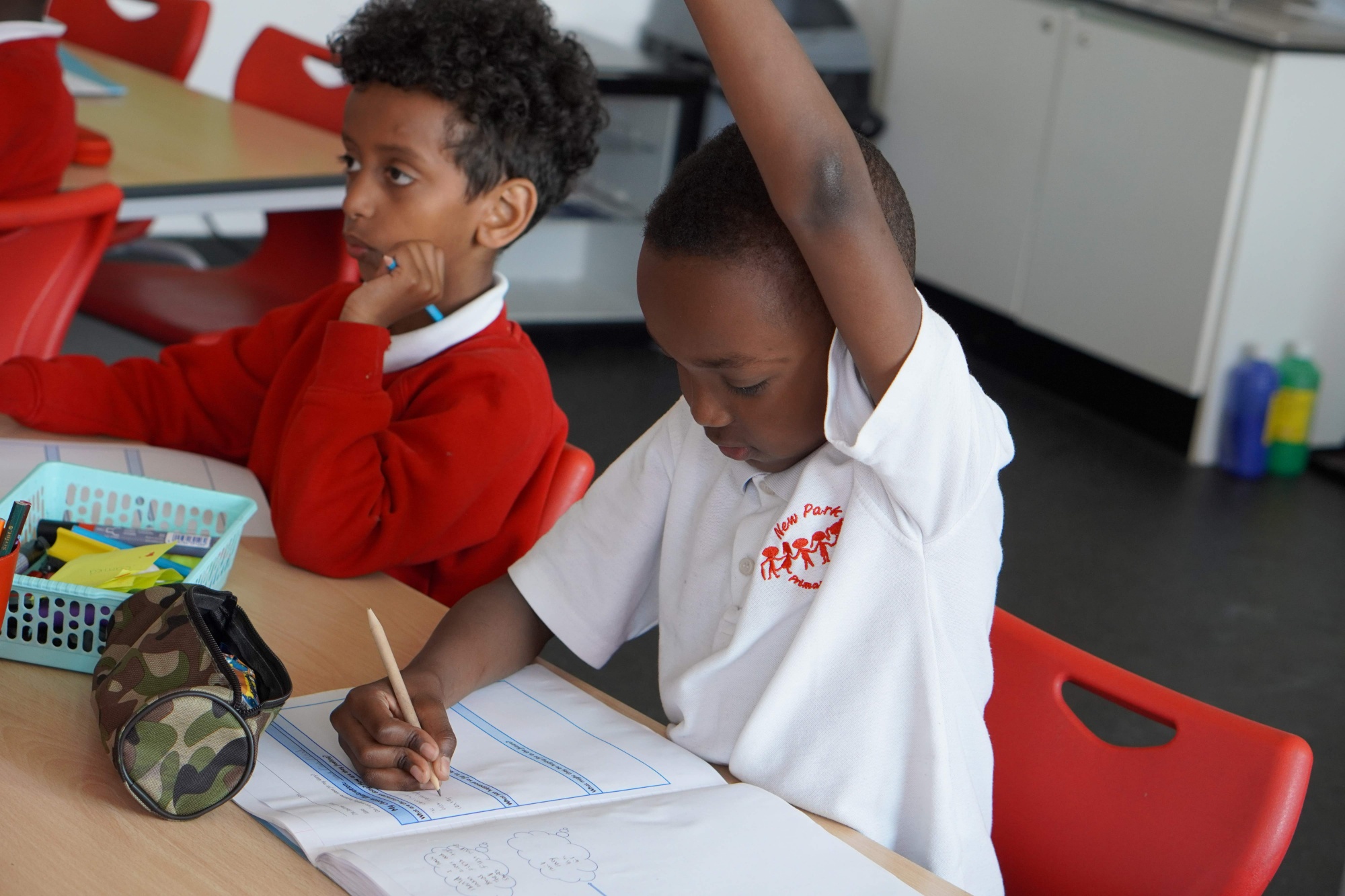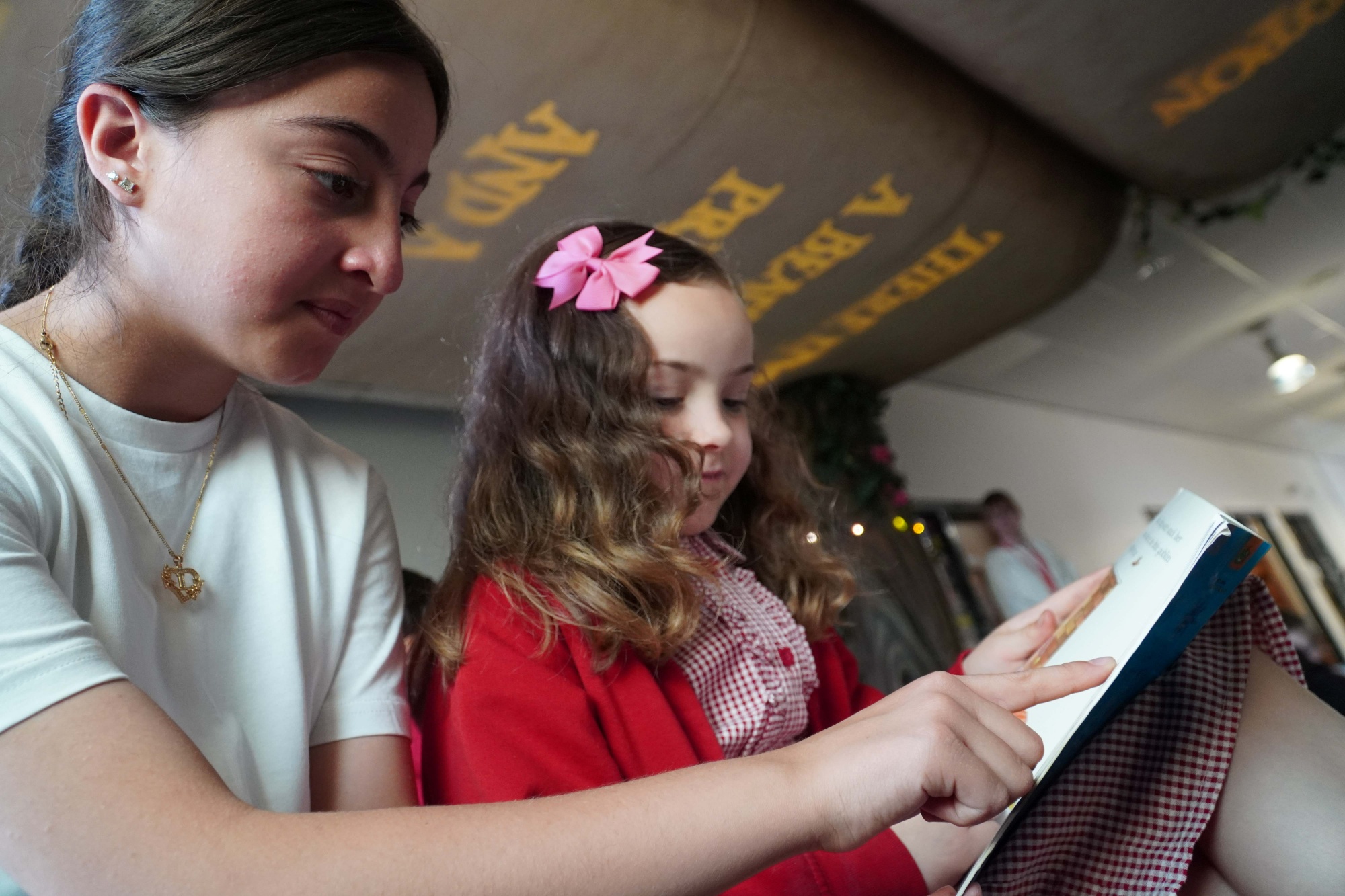History: Inspiring Curiosity, Understanding Our Past
We provide a purposeful and stimulating History curriculum that fully prepares children for their next steps and opens doors to the wider world. We aim to foster a love of History by inspiring curiosity and a fascination to learn about Britain's past, extending to the history of the wider world and the process of change. We deepen understanding and provide transferable skills for use across the curriculum and beyond school.
Our Aims:
High-quality History lessons motivate our children to want to know more about the past and develop their ability to think and act as historians. Through our lessons, educational visitors, and visits, children gain coherent knowledge and understanding of Britain's past and that of the wider world. We inspire pupils to ask perceptive questions, think critically, weigh evidence, form arguments, and develop perspective and judgement. History helps children understand the complexity of people's lives, the process of change, the diversity of societies, relationships between groups, their own identity, and contemporary challenges.
We aim to develop the following skills for confident historians:
- Demonstrate a developing sense of curiosity about the past and how/why it's interpreted differently.
- Develop excellent knowledge and understanding of significant people and events from various historical periods, including British history.
- Demonstrate an understanding of chronology.
- Develop the ability to think critically about History and communicate ideas confidently.
- Promote the ability to think, reflect, discuss, and evaluate the past.
- Develop a desire to embrace challenging activities, including high-quality research.
The National Curriculum for History aims to ensure all pupils:
- Know and understand British history as a coherent, chronological narrative, from earliest times to present, including how people shaped the nation and Britain's global influence.
- Know and understand significant aspects of wider world history: ancient civilisations, empires, non-European societies, and mankind's achievements/follies.
- Gain and deploy a historically grounded understanding of abstract terms (e.g., 'empire', 'civilisation').
- Understand historical concepts like continuity and change, cause and consequence, similarity, difference, and significance, using them to make connections, draw contrasts, analyse trends, frame valid questions, and create structured accounts.
- Understand methods of historical enquiry, including evidence use, and how contrasting arguments/interpretations are constructed.
- Gain historical perspective by placing knowledge into different contexts (local, national, international; cultural, economic, military, political, religious, social; short/long-term timescales).
Subject Content
By the end of each key stage, pupils are expected to know, apply, and understand the specified skills and processes.
Key Stage 1:
Pupils develop an awareness of the past, using time-related vocabulary. They chronologically place people/events, identify similarities/differences in past ways of life, and use a wide historical vocabulary. They ask/answer questions, use sources to show understanding of key features, and understand how the past is represented.
Pupils are taught about:
- Changes within living memory, revealing aspects of national change.
- Events beyond living memory significant nationally or globally (e.g., Great Fire of London).
- Lives of significant individuals who contributed to national/international achievements, comparing aspects of life in different periods (e.g., Elizabeth I & Queen Victoria).
- Significant historical events, people, and places in their own locality.
Key Stage 2:
Pupils continue to develop a chronologically secure knowledge and understanding of British, local, and world history, establishing clear narratives. They note connections, contrasts, and trends, using appropriate historical terms. They regularly address and devise historically valid questions about change, cause, similarity, difference, and significance, constructing informed responses. They understand how historical knowledge is constructed from various sources.
Pupils are taught about:
- Changes in Britain from the Stone Age to the Iron Age.
- The Roman Empire and its impact on Britain.
- Britain’s settlement by Anglo-Saxons and Scots.
- The Viking and Anglo-Saxon struggle for the Kingdom of England.
- A local history study.
- An aspect or theme in British history extending knowledge beyond 1066.
- Achievements of the earliest civilizations (overview, plus depth study of one: Ancient Sumer, Indus Valley, Ancient Egypt, Shang Dynasty).
- Ancient Greece: Greek life, achievements, and influence on the Western world.
- A non-European society contrasting with British history (e.g., early Islamic civilization, Mayan civilization, Benin).
Opening Worlds Programme:
In Years 3, 4, and 5, we follow "Opening Worlds", a knowledge-rich humanities programme that meets and substantially exceeds National Curriculum demands for History. This ambitious curriculum features:
- Thorough knowledge-building through intricate coherence and tight sequencing.
- Global and cultural breadth, embracing wide diversity.
- Rapid literacy impact via systematic vocabulary introduction and revisiting.
- Subject-specific disciplinary rigour, teaching pupils to interpret, argue, and understand distinctive historical enquiry methods.
- Well-told stories through beautifully written narratives and developed teacher storytelling.
- A highly inclusive approach, secured through common knowledge and high-leverage teaching (pacey, oral, interactive, fun).
- Efficient use of lesson time, blending sharp pace, sustained practice, and structured reflection.
- Rapid teacher improvement through systematic training in evidence-informed techniques.


